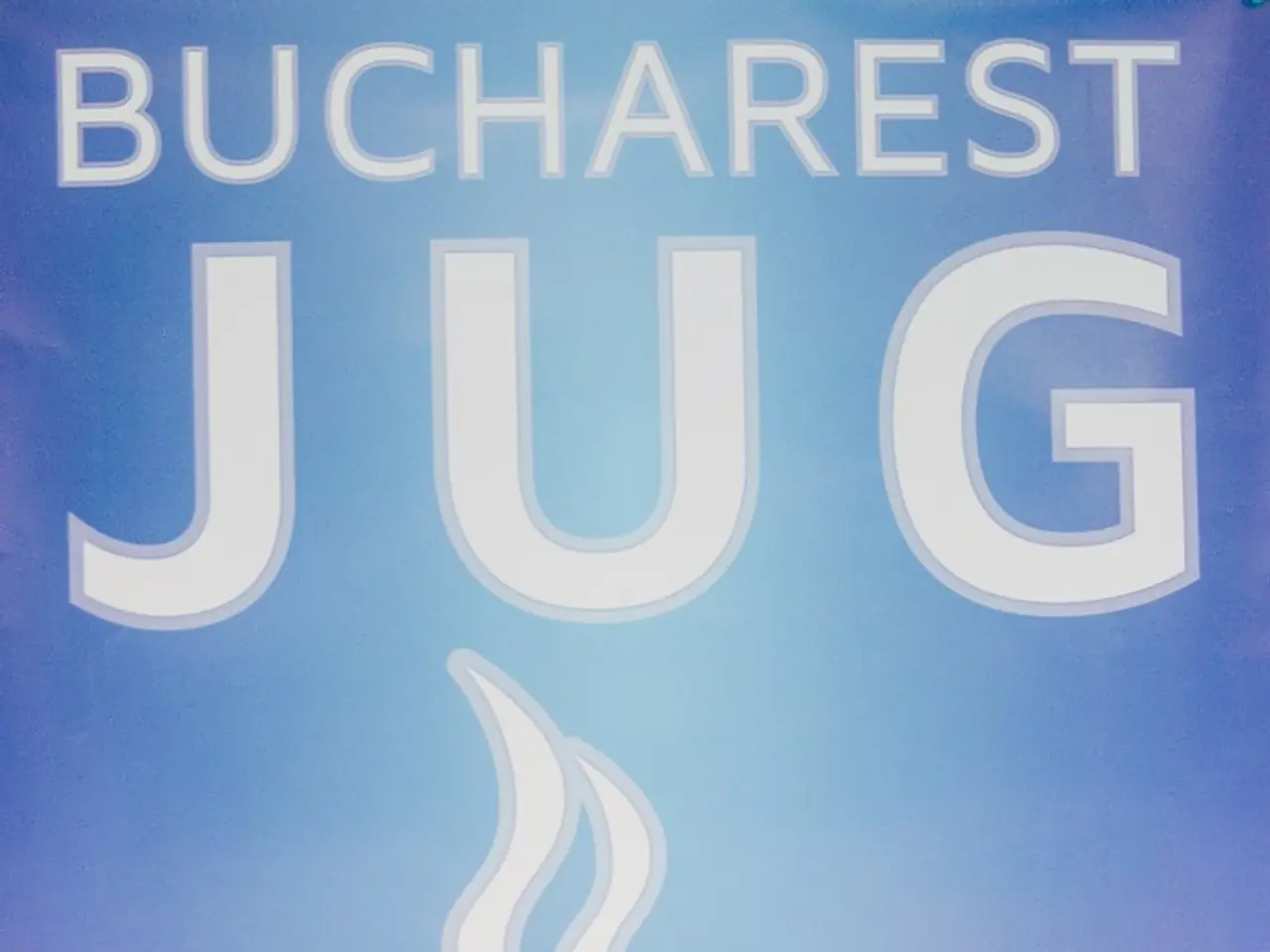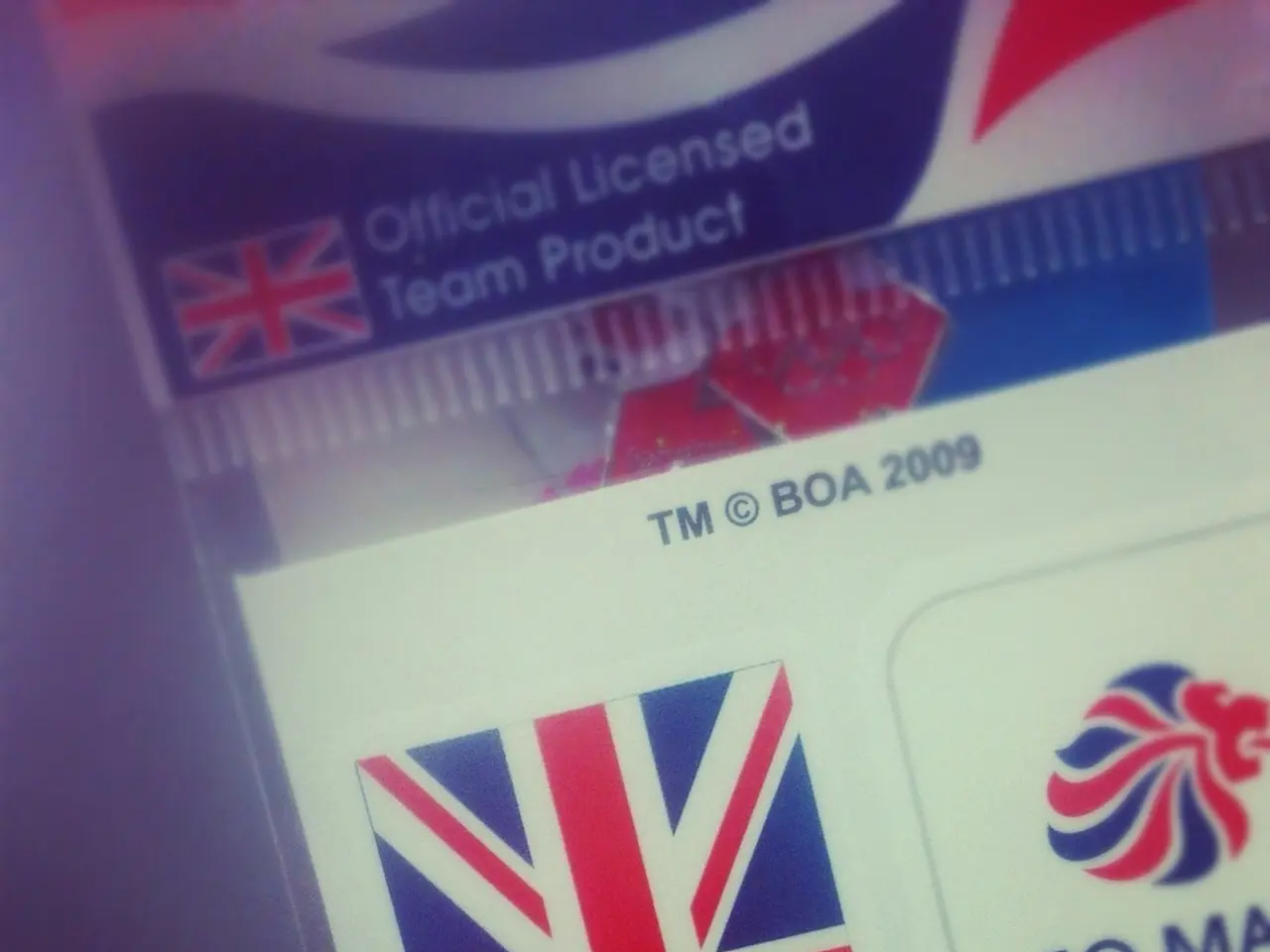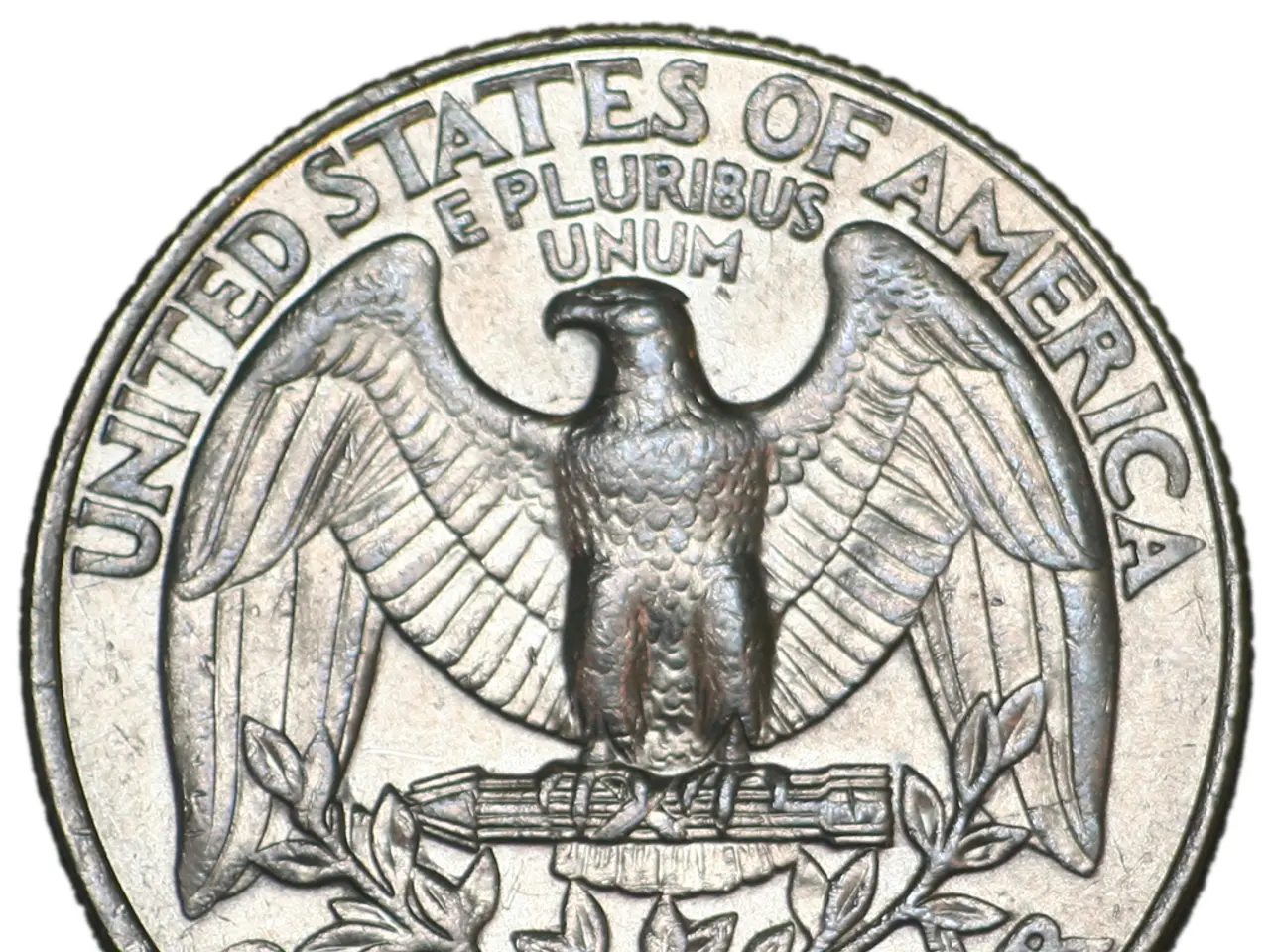Mining Giant, Rio Tinto, Faces Trouble
Rio Tinto's stock has experienced a dip in its share price, with the company reporting a 16% drop in underlying earnings to $4.8 billion for the half-year. This decline is primarily attributed to weaker iron ore prices affecting earnings, a broader sector sell-off, and a downgrade by Deutsche Bank from "Buy" to "Hold."
The iron ore segment EBITDA saw a 24% fall due to lower iron ore prices (down 13%), cyclone disruptions, and tariff uncertainty. As a result, the interim dividend was reduced to $1.48 per share, signaling a strategic shift by Rio Tinto towards diversifying away from iron ore into copper, lithium, and decarbonization initiatives.
The Chinese economy's slowdown, as indicated by the Purchasing Managers' Index (PMI) figures, could negatively impact Rio Tinto's iron ore business. The official PMI from the state statistics bureau in China fell more than expected to 49.3 points earlier in the week, while the Caixin PMI for small and medium-sized enterprises in China dropped by 0.9 points to 49.5 in July.
These PMI results suggest a slowdown in industrial activity and demand for raw materials like iron ore in China, which is the largest consumer of the mineral. A weaker PMI reading typically implies lower steel production and reduced iron ore demand, exerting downward pressure on prices.
Despite the negative newsflow, Rio Tinto continues to be a well-positioned mining giant. Analyst Liam Fitzpatrick noted that the company continues to deliver consistent figures, citing recent results and the recent recovery in the stock price as reasons for his new rating of "Hold."
Deutsche Bank Research also adjusted its price target for Rio Tinto from 5,300 to 5,100 British pence (approximately €59.03). Those already invested in Rio Tinto should keep their stop-loss at 45.00 euros unchanged.
Investors should keep a close eye on the Chinese economy and its impact on Rio Tinto's iron ore business. The longer-term outlook involves Rio Tinto reducing its iron ore dependency by shifting focus towards copper and lithium amid a more challenging iron ore demand environment linked to China's economic activity.
[1] Financial Times [2] Reuters [4] Seeking Alpha [5] MarketWatch
- In light of the continued slowdown in the Chinese economy, as indicated by the PMI figures, there could be further financial impacts on Rio Tinto's iron ore business, due to lower demand for raw materials like iron ore.
- With the strategic shift by Rio Tinto towards diversifying away from iron ore into copper, lithium, and decarbonization initiatives, the company's financial focus beyond iron ore sector becomes increasingly significant for investors.




